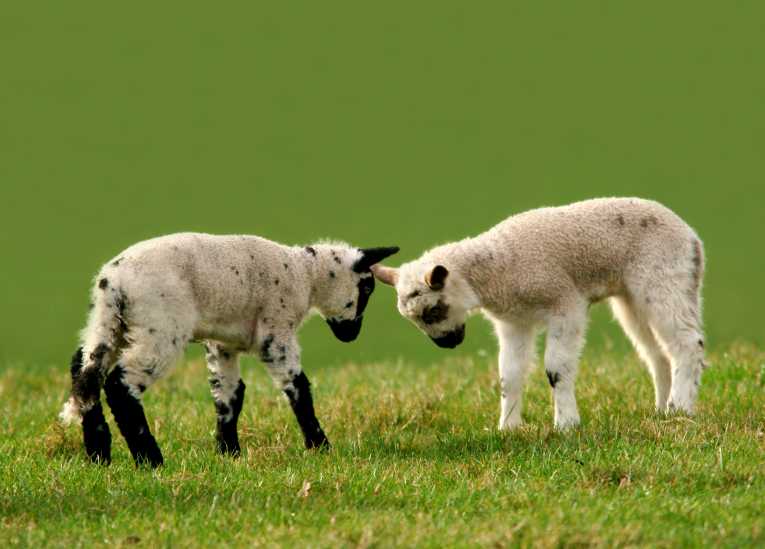In some cases, by buying locally, you could be doing more damage to the environment than by buying food that's travelled round the world on an airplane. A study by Wynen and Vanzetti in 2008 showed that lambs raised and consumed in the UK resulted in four times more emissions than those flown in from New Zealand.
The fact is the energy that goes into produce not indigenous to the local environment can be vastly greater than what is required in the natural country of origin. In order to thrive in the non-indigenous locality, many foodstuffs require the addition of other elements over its life cycle, most notably heat, resulting in higher CO2 emissions than if the produce was transported from the traditional country of origin.
Producing heat isn't the only problem. In many cases, pesticides and fertiliser need to be added, the production of which result in further CO2 emissions. Worse still, these additives may need to be transported significant distances, resulting in yet more emissions. And let's not forget the damage that some of these chemical additives can do to the environment.
The fact is, when it comes to food miles the process of food production is very often ignored, radically distorting the whole validity of the food miles concept. Also ignored is the method of transportation used, which can have a huge impact on emissions. Sea transport, for example, releases 15g of CO2 per ton per km, while air travel is responsible 570g/t/km.
Furthermore, on average, transportation only contributes to around 11% of CO2 emissions from the entire life cycle of the product. And, very often, the highest rate of CO2 emission occurs in the drive from the retailer to the home of the consumer.
It would appear that our notion of food miles is far too simplistic when it comes to evaluating the damage caused to the environment by emissions, or by other factors. In the future, buying local produce may not be as important as what you're buying and how that food was produced.










